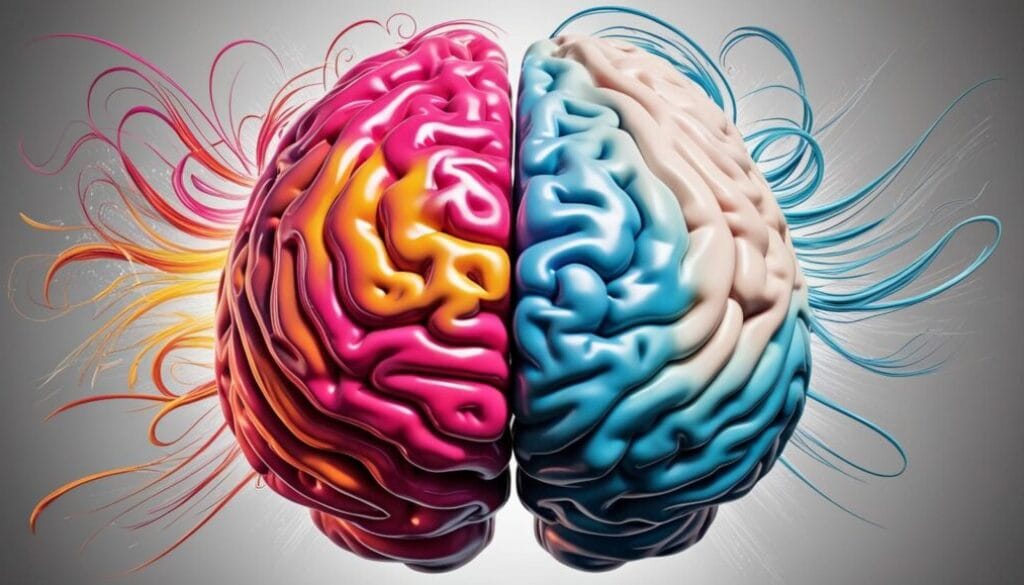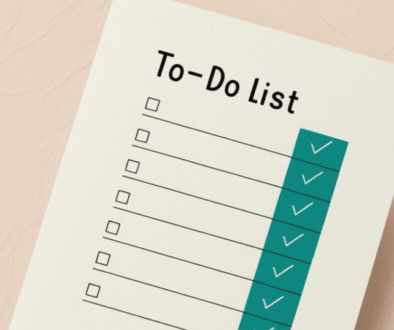Your Brain is a Muscle: Here’s How to Make It Stronger
Neuroplasticity proves it’s never too late to grow your brain. Be curious, embrace challenges, and build resilience to improve your mental performance.
Lately, life’s felt like a mental boot camp for me. Between work challenges, diving into advanced studies, and juggling personal projects, my brain has been in overdrive. It’s been overwhelming, sure, but also deeply satisfying—kind of like that post-workout soreness when you know you’ve pushed your muscles to the limit.
It turns out that mental “stretch” is a real thing. Just like muscles, your brain gets stronger when you push it. Science shows that your brain is like a muscle. The more you challenge it, the stronger it gets. This amazing process, called neuroplasticity, is your brain’s way of adapting, growing, and creating new connections.
The Science of Brain Development
Neuroscientists have made fascinating discoveries about how our brains adapt. Neurons form the brain’s communication network. When you learn something new or practice a skill, your neural connections get stronger and more intricate. With frequent use, neural pathways become more efficient and responsive. It’s like upgrading your internal operating system.
Your Brain Loves a Challenge
Think about the last time you pushed yourself to learn something new. Perhaps it was attempting to cook a complicated recipe or learning a skill you thought you would never master. At first, it seemed impossible, right? Your brain was rewiring itself to understand the new task.
In 2019, researchers at the University of Oxford found that adults who learnt to juggle actually developed the areas of their brain responsible for visual and motor skills. In the study, people were divided into two groups. For six weeks, one group received weekly juggling training sessions and was told to practise for 30 minutes each day. The group that learned to juggle showed changes in the white matter of their brains compared to the non-juggling group. These changes were caused by the amount of time spent training and practicing, not the degree of skill acquired; however, the more you practise, the better you will become.

This study challenged the common idea that the brain’s structure remains static in adulthood by proving that learning a new ability can result in measurable changes in the structure of the brain.
The Work is Worth It
Just like building muscle at the gym, it takes effort. When you continue with a challenging task, your brain builds resilience. It gets better at tackling the next challenge because it remembers how to adapt. Over time, things that once felt impossible feel like second nature.
Cheat Codes for Mental Strength
- Start small: Take your time and focus on one thing at a time. Take large challenges and break them down into smaller, more manageable parts to make them feel less overwhelming. Learning is a marathon, not a sprint.
- Make it a routine: Consistency beats intensity. Learning one new word or tackling a puzzle each day can really make a difference.
- Celebrate your wins: When you learn something new, your brain releases dopamine, which acts as a natural reward system. Each small success shows how far you have come. The sense of achievement you get, even from grasping just one idea, is your mind’s way of giving you a little pat on the back.
- Embrace the Challenge: Keep in mind that feeling discomfort and frustration is a natural part of the journey towards growth. It means your mind is adjusting. Stick with it, and you’ll come out stronger.
- Mix up your Learning: Keep your brain engaged with different activities. Learn a language one day, try a logic puzzle the next, watch a documentary on a complex topic another day.

The Reward: A Stronger, Sharper You
Growth often feels uncomfortable at first. As you keep going, you will find a more resilient and intelligent version of yourself. This is proof that your brain, like a muscle, thrives when you use it. When you look back and see what you have accomplished, it is all worth it.

